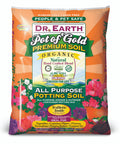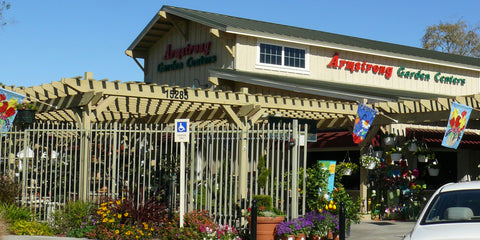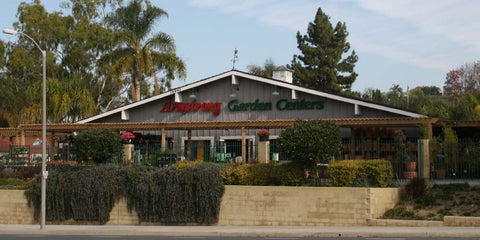Details
Japanese Holly Fern is an herbaceous evergreen fern with a shapely form and gracefully arching fronds. Its relatively fine texture sets it apart from other garden plants with less refined foliage.
This is a relatively low maintenance plant, and is best cleaned up in early spring before it resumes active growth for the season. It has no significant negative characteristics.
Japanese Holly Fern is recommended for the following landscape applications:
- Mass Planting
- Rock/Alpine Gardens
- Border Edging
- General Garden Use
- Naturalizing And Woodland Gardens
Features
Japanese Holly Fern's attractive glossy ferny leaves remain dark green in color throughout the year. Neither the flowers nor the fruit are ornamentally significant.
Care
Planting & Growing
Japanese Holly Fern will grow to be about 24 inches tall at maturity, with a spread of 3 feet. Its foliage tends to remain dense right to the ground, not requiring facer plants in front. It grows at a medium rate, and under ideal conditions can be expected to live for approximately 10 years.
This plant does best in partial shade to shade. It does best in average to evenly moist conditions, but will not tolerate standing water. It is particular about its soil conditions, with a strong preference for rich, acidic soils. It is somewhat tolerant of urban pollution. Consider applying a thick mulch around the root zone in both summer and winter to conserve soil moisture and protect it in exposed locations or colder microclimates. This species is not originally from North America. It can be propagated by division.



































